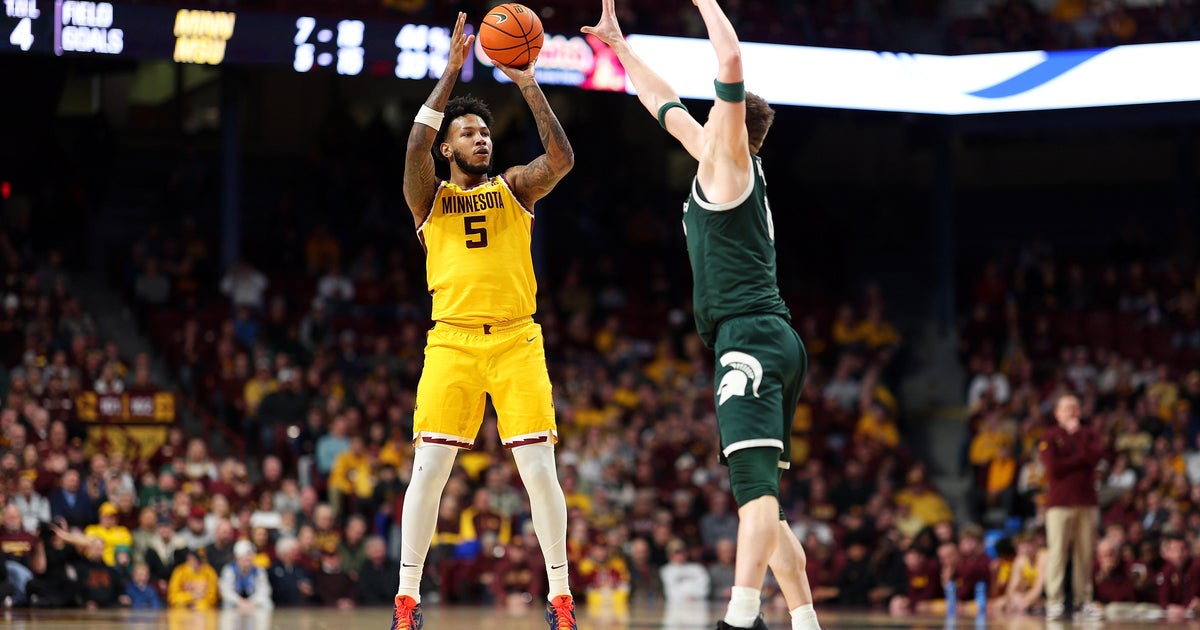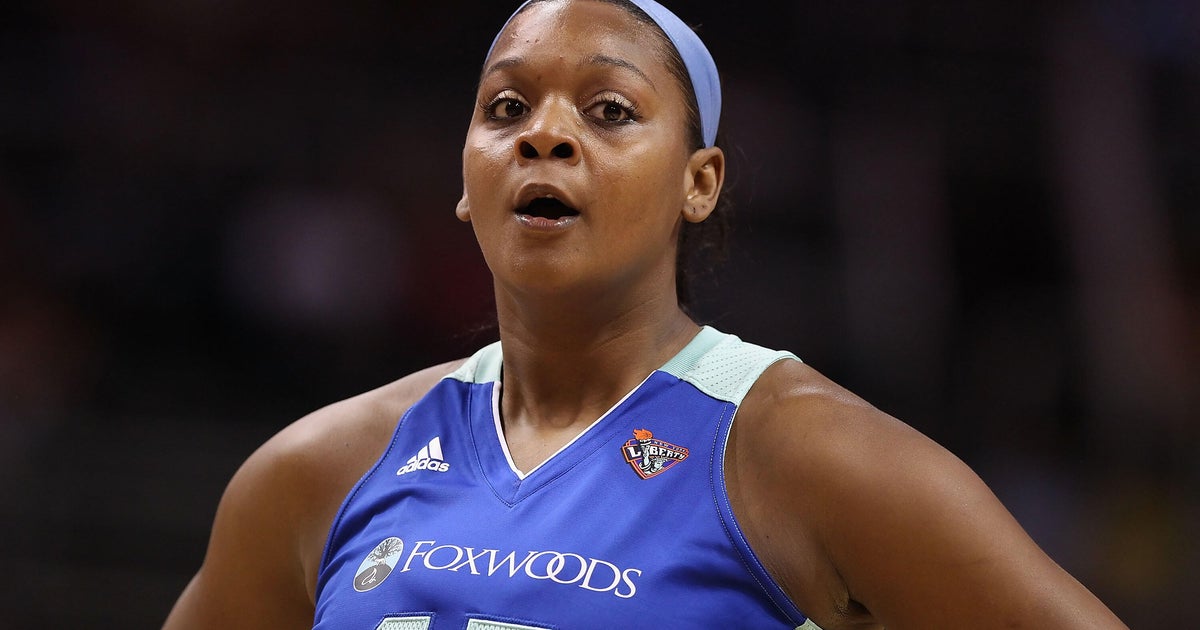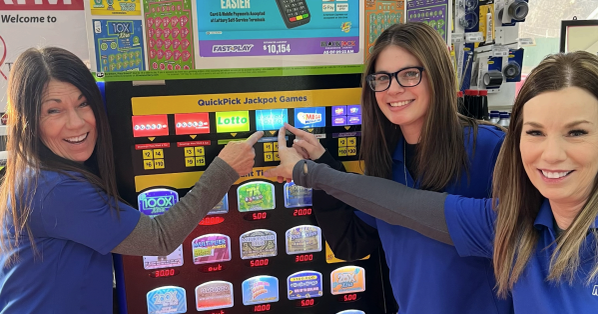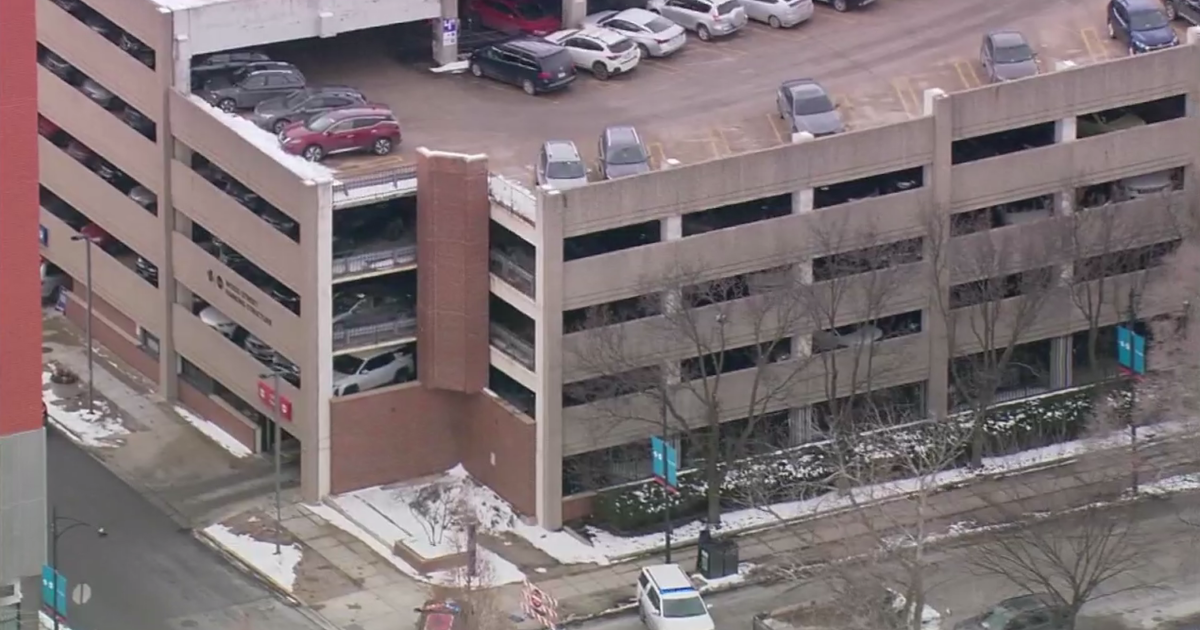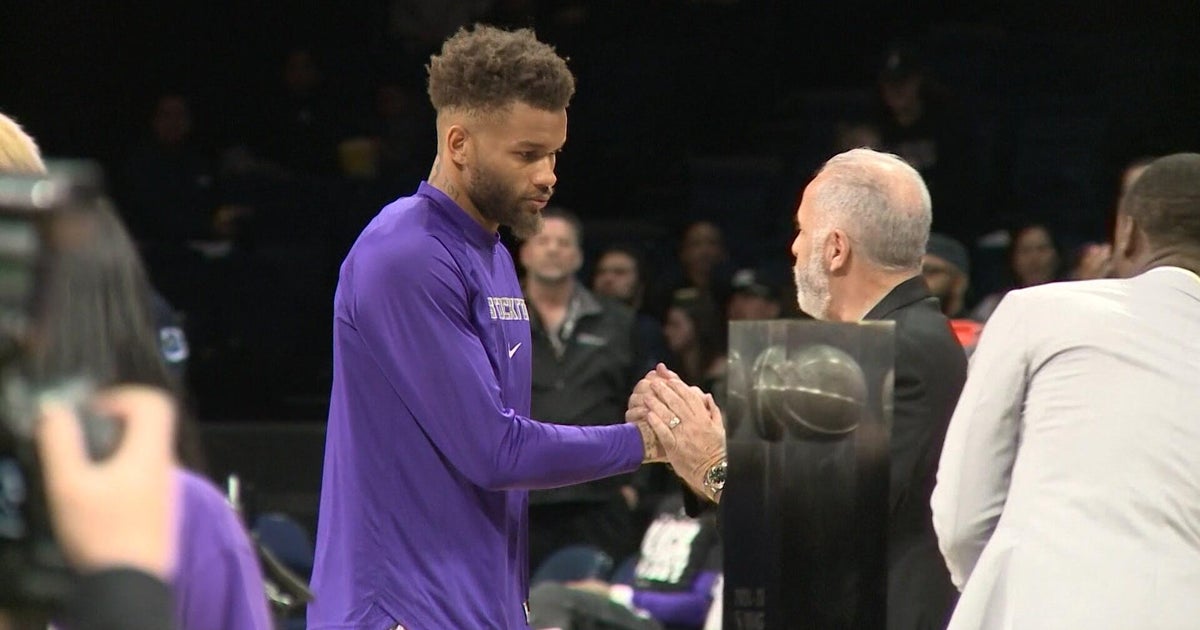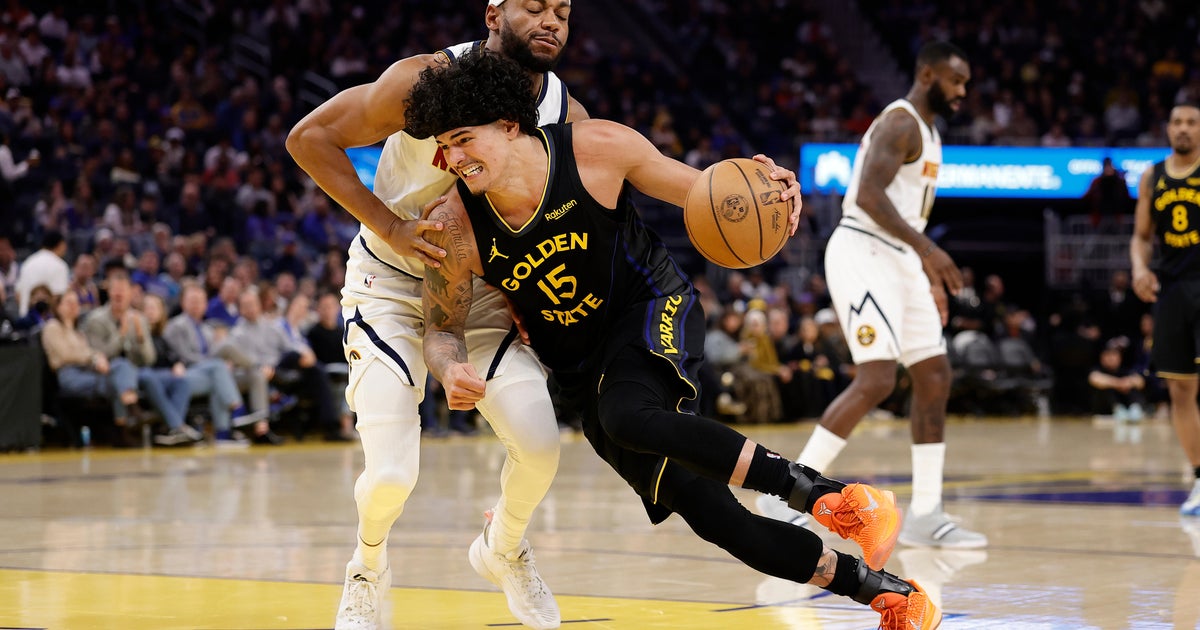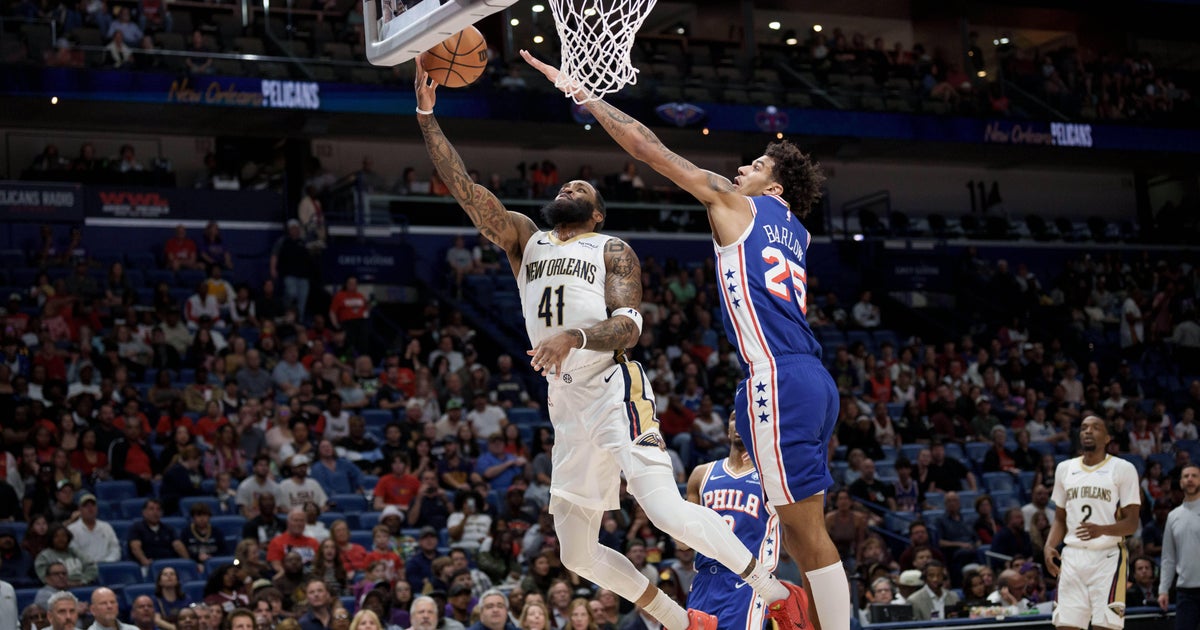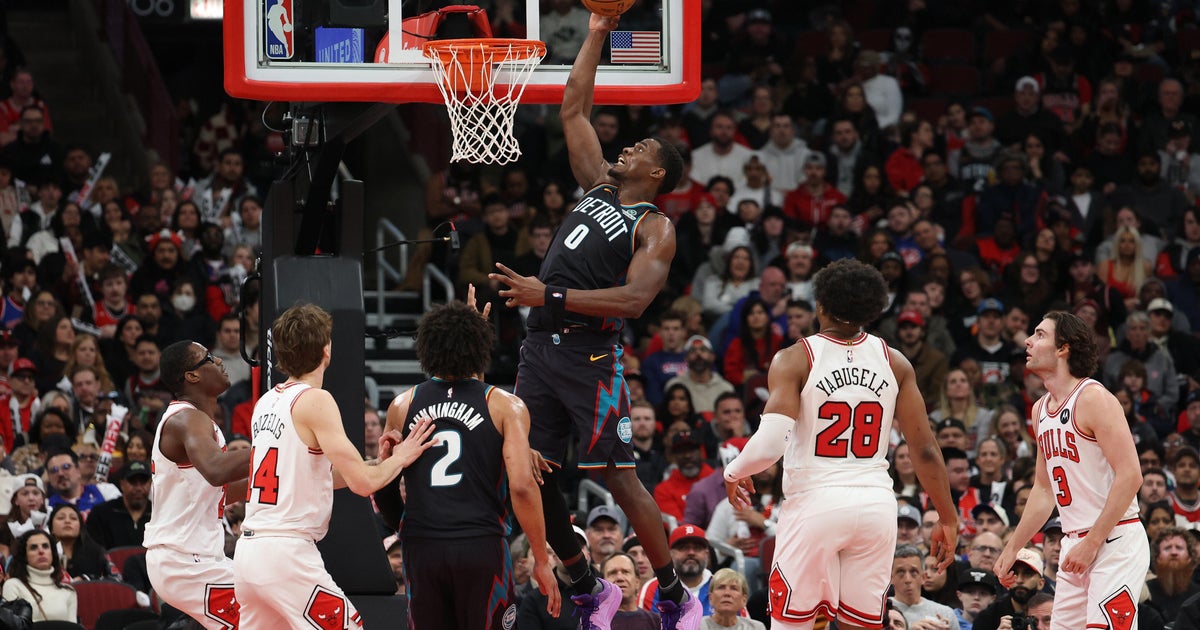Wisch: The Truth About Illinois Basketball
By Dave Wischnowsky--
Frustrated Illini basketball fans don't want to hear it. Frantic Bruce Weber critics don't want to hear it. And, heck, to be honest, I don't really want to hear it, either.
But it's the truth. So, I'm going to tell it to you, anyway.
And, here it is: No matter what you might want to believe, the current mediocre state of Illinois basketball isn't all Bruce Weber's fault. Now, it's his responsibility, mind you. And, as head coach, the task of fixing it (or not) is all on him. Make no doubt about that.
But it isn't all Weber's fault.
It just isn't.
That's because it's also Eric Gordon's fault. And it's Kelvin Sampson's fault. And it's Jamar Smith's fault. And it's even Chester Frazier's fault (don't worry, I'll explain that one).
Fact is, the de-evolution of championship-caliber basketball at the University of Illinois into the lump of mediocrity that, last night at Purdue, once again wasn't quite good enough to win is the product of an almost perfect storm of at-faults. Some of them Weber should have been able to control, while others he's been powerless against. But because of their confluence, the Illini program is ill. And it still won't truly be healthy until after next season. Not during next season, mind you, but after it. In 2012-13.
Now, I know Illini fans don't want to hear that. But they need to. And I'm not saying that Illinois can't be good next season. It could. But to understand what the U of I program remains up against, we need to first take an honest look at how it fell into this mess, which is far more complicated than just one man. And to do that, I ask that you sit back, momentarily clear your mind of Bruce Weber catcalls and join me as we explore the truth about Illinois basketball.
Let's begin in the spring of 2003, when Bruce Weber arrived in Champaign to replace the not-so-dearly departed Bill Self and faced a storm of skepticism. Weber wasn't a charmer like Self. Rather, he was a square. He still is. And he was going to take a little getting used to. But the guy did know how to coach and had proved it at Southern Illinois. However, Weber now had to prove that all over again on the big stage to convince the Illini players, Illini fans and prospective Illini recruits that he was the right man for this job.
None of it was going to be easy.
At the time of Weber's hiring, the talent on the Illinois roster was incredible. When Bill Self bolted for Kansas, he didn't simply leave the basketball cupboard in Champaign filled. He left it downright stuffed. But so too had Lon Kruger in 2000, when Self replaced him as Illinois' coach and subsequently enjoyed his best season in Champaign as he reached the Elite Eight with "somebody else's players" – a charge with which Weber was to be often later derided.
In 2003-04, with his first team still smarting from Self's departure, it took Weber half the season before Dee Brown, Deron Williams & Co. finally bought in to their new system – and their new coach. After they did, however, Weber took Illini basketball to unprecedented heights, culminating, of course, with the 37-2 Final Four campaign of 2004-05.
The next season – with seniors Brown and James Augustine leading the way – Weber kept Illinois kept rolling. The team busted out to a 15-0 start and finished the year an excellent 26-7, although it ended in disappointing fashion with a 67-64 heartbreaker to Washington in the second round of the NCAA Tournament.
Despite that letdown, all arrows were still pointing up for the Illini program. And that was largely because on Nov. 30, 2005, Weber, the so-called "Coach Who Can't Recruit," had done just that by snaring a verbal commitment from Indianapolis guard Eric Gordon, nation's top-rated junior. With a new electrifying star on tap to join the team after next season, Illinois appeared set for certain future success.
The following summer, however, Gordon's allegiance to Illinois began to waver as new Indiana coach Kelvin Sampson orchestrated a plan to convince the star to stay home. Ultimately, Gordon did – notoriously switching his commitment from Illinois to Indiana on Oct. 13, 2006, just before the Hoosiers' Midnight Madness celebration.
Now, contrary to popular belief, it wasn't Gordon's decommitment by that so damaged Illini basketball – he was only going to be a one-year player, after all. Rather, it was how Gordon handled the entire situation that harmed Illinois – and Weber – so severely.
If Gordon had officially re-opened his recruitment during the summer of 2006, as he should have since his recruitment clearly had re-opened, it would have provided Weber the opportunity to sign another standout shooting guard (Purdue star E'Twaun Moore, perhaps?) for his still-hot Illini program.
Gordon, however, denied Illinois that courtesy and instead tied Weber' hands. Then, by dumping the Illini at the last possible moment, Gordon and Sampson – who eventually was fired by IU for rampant rules violations – left Weber holding an empty bag and, even worse, unfairly branded him with a scarlet recruiting letter. For a coach still working to establish his reputation post-Bill Self, that was a truly devastating blow.
Because to the nation and its top recruits, Gordon's stunning decommitment (which actually had been a long time coming) made it appear as if something must be wrong with Weber and the Illini program. As a result, Weber became radioactive to recruits thanks to no true fault of his own. And that's the reason why Illinois currently has no players at all in its junior class. Not a single one.
Flash forward from October '06 to Feb. 12, 2007, when Weber – still reeling from the Gordon saga – was dealt another sucker punch when star sophomore shooting guard Jamar Smith drunkenly crashed his car into a tree during a snowstorm.
The incident effectively ended the Illini careers of both Smith and freshman center Brian Carlwell. And in the span of less than four months, Weber lost two all-conference-caliber shooting guards in Gordon and Smith. Few programs in the country could have withstood that. And, when you factor in Weber's already bruised reputation thanks to Kelvin Sampson and Eric Gordon, I don't think any coach in the country could have just shrugged all that off and kept his program rolling right along.
Nevertheless, after a disastrous 16-19 record in 2007-08 – sans Gordon – Weber cobbled together an impressive 24-9 regular season and second-place Big Ten finish the following year. For that NCAA Tournament, Illinois earned a No. 5 seed and should have been poised to notch its first postseason win since Brown and Augustine graduated. But then senior guard Chester Frazier – the team's best defender and toughest player – broke his hand in practice during the Big Ten Tournament.
End result in the NCAAs: A 76-72 upset loss to 12th-seeded Western Kentucky.
Now, of course, no one can say for certain that Illinois would have won that game with Frazier. But there's no doubt that the Illini would have had a much better chance to shake that NCAA Tournament monkey from their backs.
Last season, as you're aware, Illinois flopped and missed the Big Dance. And, so far, this season, the team has been painfully average and is currently resides on the NCAA Tournament bubble.
With five starters returning, hopes were high for 2010-11. But, the fact is, these Illini seniors just aren't that good. They're also not that bad. But each of them is limited in some major way that coaching can't fix, with most of the limitations being strength-based. The team has players that are more talented and tougher than the senior class, but they're still raw and young.
Four years ago, Weber made a major recruiting mistake when he signed three skinny big men – Mike Tisdale, Mike Davis and Bill Cole – all in one class. That was his fault. But the fact that, because of the Eric Gordon fallout, he ended up with no current juniors to support this senior class wasn't. Neither was what happened with Jamar Smith. Nor was what happened with Chester Frazier's broken hand.
During my many discussions with Illinois fans about Bruce Weber, all I've ever asked is that they honestly look at the totality of the setbacks that his program has experienced – and that they try to be fair in their judgment.
Now, the good news is that Weber has shaken off his bad recruiting mojo and has signed three straight solid classes. The bad news, though, is that next season, Illinois will have no seniors, no sure-fire starter at center and no clear-cut answer at point guard. The program won't have four full classes again until the fall of 2012.
The hole that Illinois basketball fell into was a deep one. And I'm no longer certain that Weber will be able to dig the team – and himself – out of it. The clock is ticking on him and his program, as it should be. However, this complicated situation that Illinois basketball is still facing today isn't all Bruce Weber's fault. It's a lot of people's.
And that's the truth.
Whether you choose to believe it, or not.
Do you agree with Dave? Post your comments below.
If nothing else, Dave Wischnowsky is an Illinois boy. Raised in Bourbonnais, educated at the University of Illinois and bred on sports in the Land of Lincoln, he now resides on Chicago's North Side, just blocks from Wrigley Field. Formerly a reporter and blogger for the Chicago Tribune, Dave currently writes a syndicated column, The Wisch List, which you can check out via his blog at http://www.wischlist.com.
